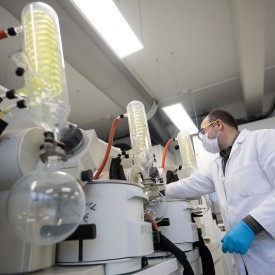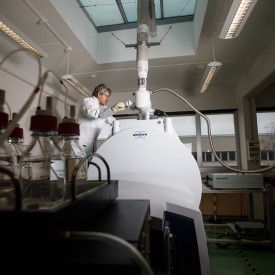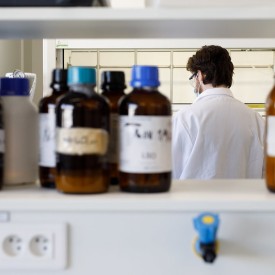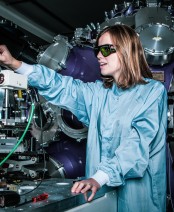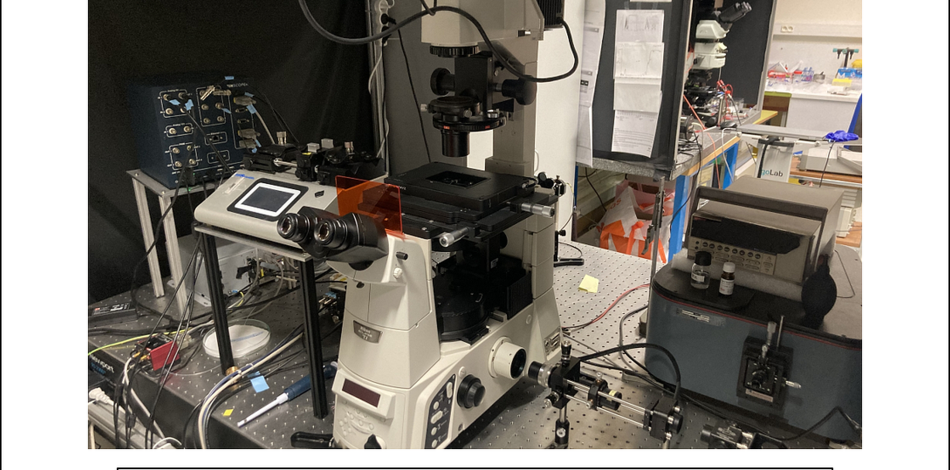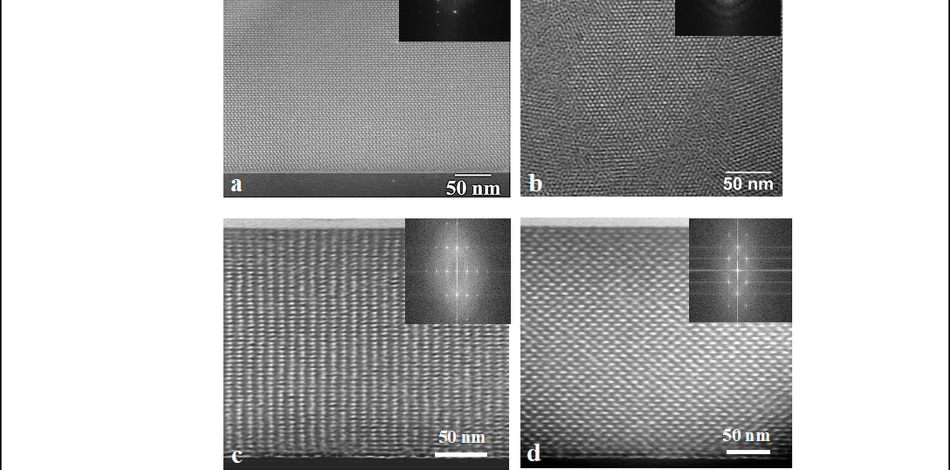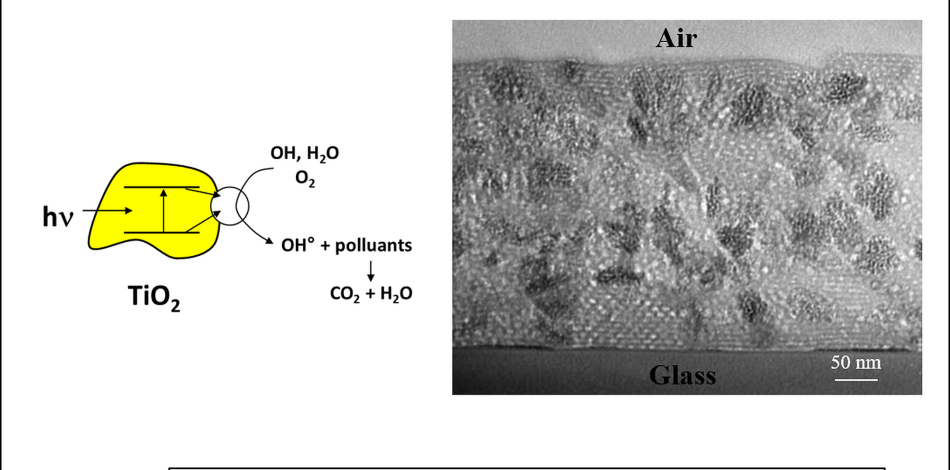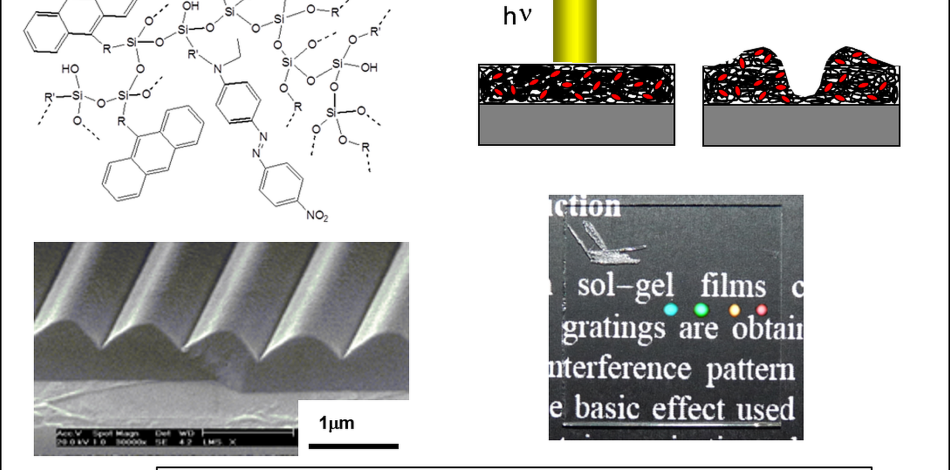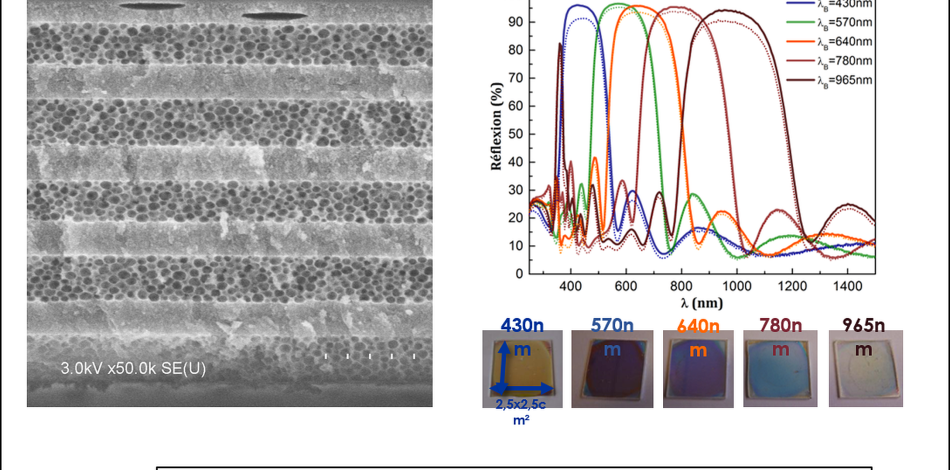- Home
- Department of Chemistry
Department of Chemistry
How can the chemical sciences respond to major societal challenges: in health and bioengineering, for the environment around clean, safe, and efficient energies, for developing quantum technologies and sober, sustainable, and innovative materials? Chemistry is a natural science. From the atom to the microscopic scale, chemistry describes the fundamental interactions between the elements when they assemble and organize themselves to form minerals and living organisms. Chemistry is a science of equilibria for which reaction time and kinetics are essential. Fundamentally empirical, the ideal laws are confronted with the reality of measurement and experience. Victim of a degraded reputation due to the excesses of our society, chemistry reinvents itself and finds itself the figurehead of the necessary evolutions in health, the environment, and energy transition. Because chemistry transforms matter, pollutants, and living matter, it stores energy and influences the life cycle of elements: everything is chemistry.
The Chemistry Department at X offers a human-scale, high-level training program in the chemical sciences. All our academic programs include immersions at the heart of our research center. It's our DNA.
